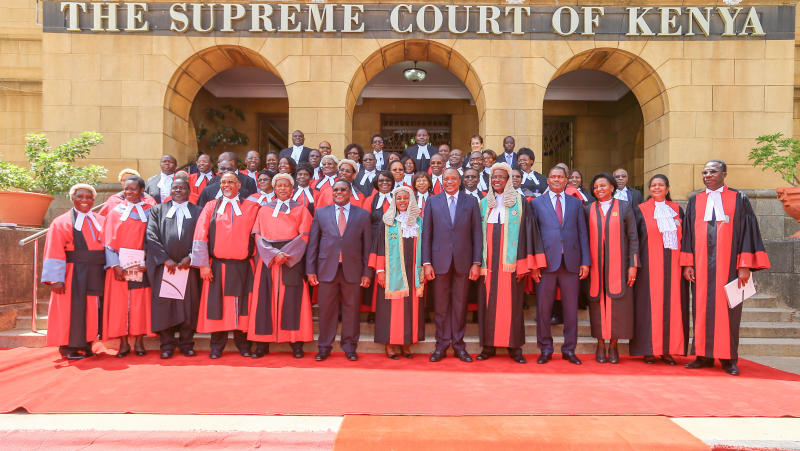×
The Standard e-Paper
Kenya’s Boldest Voice

Kenyans will have to travel long distances to attend hearings after the Court of Appeal recalled all judges to Nairobi.
In what appears to be a showdown with the Executive, and a drastic claw-back on Judiciary reforms, all appellate judges who were serving in Kisumu (Patrick Kiage, Asike Makhandia) and Mombasa (Daniel Musinga, Agnes Murgor and Gatembu Kairu) are to relocate to Nairobi by January.